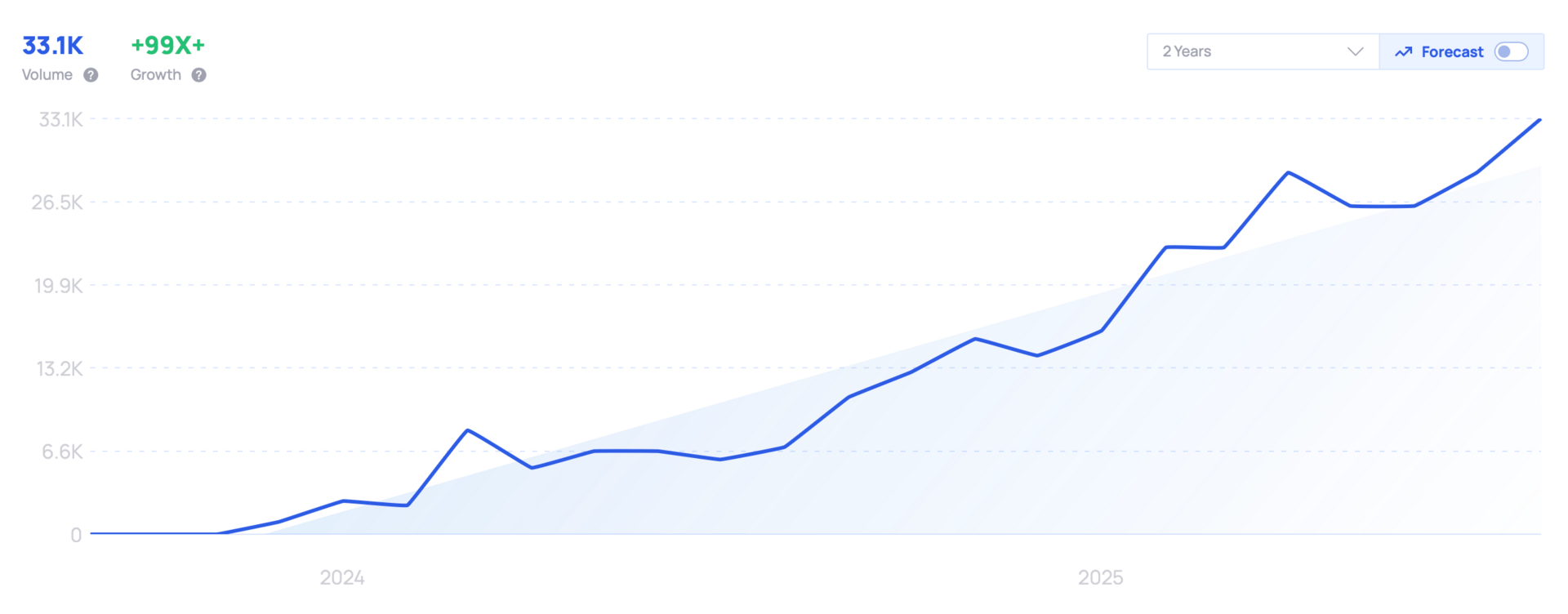Welcome to Homebase AI - A weekly newsletter where we share our
interviews with founders & leaders building next-gen AI companies
and curate interesting news, insights & trends in the AI space
for our community members.
What’s on tap today:
-
Podcast
-
Our interview with James He
-
Weekly Headline Recap
-
What's trending in AI this week
-
Community Update
-
How Homebase Helps You
🎙️ This Week’s Interview
AI Founder Story
Redefining Market Experiments at Warp Speed with AI Societies
James He, the founder behind Societies, blends a social science background at Cambridge with deep computational chops—creating AI-driven “artificial societies” that let teams simulate the reaction of thousands before risking real-world resources.
From ‘Guesswork’ to Game Plan
Most teams launch features, campaigns, or pricing tweaks and just… hope for the best. James flips this script. He built a tool that simulates an entire market (drawn from millions of behavioral profiles), letting you see how your marketing copy, email outreach, or even your landing page will perform—before you push it live. Think of it as your own digital focus group, running a month’s worth of experiments during your coffee break.
James actually proved this in real life. Over coffee in London, he recreated a client’s two-month insurance pricing experiment in just two minutes—and the results were so spot-on that his future co-founder quit his job on the spot to join him.
Beyond “will it land?”
James’s platform answers the real questions:
-
Why did your launch flop or fly?
-
Who spread the word, ignored you, or pushed back?
-
How did network effects or social clusters shift your numbers?
Key Insights:
-
The Problem Today →
Most product leaders still rely on surveys, A/B tests, and intuition to predict customer behavior. These methods are slow, expensive, and often misleading.
-
The Breakthrough →
Artificial Societies can simulate months of market behavior in minutes—letting leaders test strategies safely before betting big.
-
The Proof Story (James’ coffee demo) →
Over coffee in London, James recreated a two-month insurance pricing experiment in just two minutes. His co-founder was so stunned he quit his job on the spot to join.
-
The Big Example (Anthropic) →
Anthropic used Artificial Societies to simulate how YC founders would respond to different sales approaches. They didn’t just see which messages landed—they saw how conversations spread through networks, surfacing ripple effects A/B tests could never capture.
Why It Matters (vision line)
James calls this ‘artificial collective intelligence’, a way to run thousands of safe experiments and act on the ones most likely to succeed. Within 2–5 years, simulations could be as standard as A/B testing is today.
Watch the full interview below! 👇
The Ultimate Lesson
James believes democratized, AI-powered experimentation is killing “hope-based” product launches. Having your own rapid-fire simulation lab isn’t just a moat—it’s now table stakes for creative, iterative teams powered by AI.
If you want to outpace the competition, it’s time to shift from static research habits to living, dynamic market simulations—because in the AI era, the fastest learners win.
Want to see how AI simulation turns market ‘unknowns’ into advantages? — Read the full interview →
HEADLINE ROUNDUP
Headline recap
-
SoftBank Bets $40B on OpenAI’s Future
The Japanese giant is securing a $22.5B stake—AI’s biggest funding play yet. Could this reshape AI’s global leadership?
-
Databricks Hits $100B+ Valuation
Backed by Andreessen Horowitz, the data platform joins Silicon Valley’s elite club.
-
Nvidia Eyes $300B Revenue by 2026
Analysts say booming AI demand + Blackwell chips could rewrite Wall Street’s playbook.
-
IBM Pours $500M Into AI + Quantum
Big Blue doubles down—putting quantum on equal footing with AI.
-
FraudGuard AI Raises $60M
A Silicon Valley startup fighting deepfake-driven fraud just landed fresh capital.
TRENDS
What's trending in AI
Tripo AI
-
Key Player: Tripo AI generates detailed 3D models from images or text descriptions, creating high-resolution assets for 3D printing, virtual reality, and gaming applications.
-
Market Value: The company secured funding through multiple seed rounds in September 2024 from Fortune Capital, Primavera Capital Group, InnoAngel Fund, and Tsinghua Capital.
-
Adoption: Tripo serves over 3 million global 3D creators, 35,000 active developers, and 700+ enterprise customers including Bambu Lab, Tencent, NetEase, and HTC.
-
Recent Developments: The company launched Tripo 3.0 in August 2025 with 20 billion parameters, 300% enhanced detail accuracy, and new features like pose control and multiview image input.
Growth: Tripo AI achieved explosive market interest with 33.1K search volume and +99X+ growth since October 2024. The platform generated over 40 million models through its comprehensive workspace interface.
Why It Matters: Tripo democratizes professional 3D content creation by unifying fragmented workflows into AI-powered platforms. Its partnership with Stability AI enables high-quality 3D generation from single images in under 0.5 seconds.
The Big Picture: As the AI-generated 3D asset market grows from $1.63 billion to $9.24 billion by 2032, Tripo's comprehensive ecosystem positions it to capture significant share in gaming, AR/VR, and digital commerce as spatial intelligence becomes the next AI frontier.

How Homebase Helps You
Discover tools, insights, and communities that help you build and scale your AI venture effectively.
Private Community
Private AI Founders & Executives Slack - Join our vetted community for exclusive insights & networking > Join Waitlist
Public Community
AI Enthusiasts Facebook Community - Join 1000+ founders sharing ideas & building in public > Join Super Founders
Product Development & Hiring
Building an AI product or need help Hiring? - Get advice on building AI products & scaling technical teams from > Here
Investor Database
Curated Investor Database - Access our continuously curated database of 40k+ active AI investors > Learn More
Join 10,000+ AI founders and leaders now reading our newsletter & part of our community.

